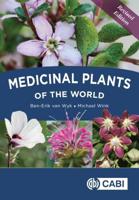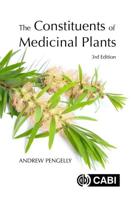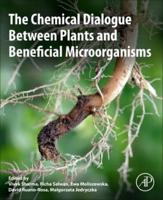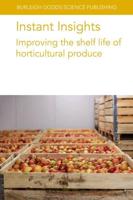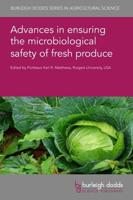Publisher's Synopsis
Groupers are popular food fish farmed in South East Asia and have potential to become an important cultivable species owing to their fast growth, efficienv feed conveòsion and high market price. Commercially important species contributing to the grouper fishery mainly includes Epinephelus diacanthus E. bleekeri, E. chlorostigma, E. malabaricus and E. tauvina. A major bottleneck in the large scale onshore culture activities of groupers in our country is the lack of adequate number of hatchery produced seed of groupers since wild seed availability is highly fluctuating and unpredictable. In order to master controlled breeding and achieve mass scale production of seed of any cultivable fin fish species, an in depth understanding of the complex physiological changes that occur at intracellular and intercellular level in the fish body during the process of reproduction is inevitable. The gonads with the onset of maturation show a series of developmental changes, which are closely accompanied by the cellular, biochemical, and molecular changes. It is against this background that the present study has been taken up on the reproductive physiology of female grouper.



